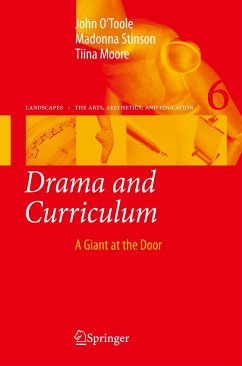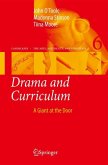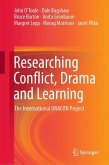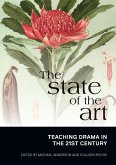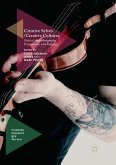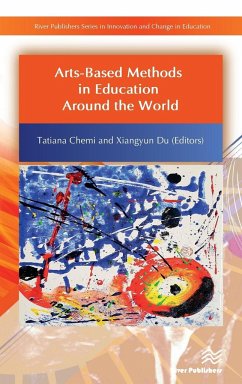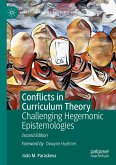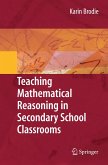Written by drama practitioners/theorists, this book critically investigates the long, complex and ambivalent shared history of drama (and theatre) and education, formal and informal. The broad sweep takes in key historical and contemporary figures and their influences on drama education practice, including the 'speech and drama' movement, drama- and theatre-in-education, drama therapy and psychodrama, and emergent forms such as Applied Theatre. In its journey through play in the early years to the play on the stage, the book identifies and explains drama's four paradigms of purpose: for language, for development, as pedagogy and as art-form. It shows how these interweave in highly intricate ways to provide different kinds of learning for different contexts, and how they sometimes become tangled in practice and theory, in the constant efforts of drama and theatre practitioners to get drama established in the curriculum, and keep it there.
'Here's a knocking indeed!' says the Porter in Shakespeare's Scottish play (Act II, Scene 3) and immediately puts himself into role in order to deal with the demands of such an early call after a late night of drinking and carousal: 'If a man were porter of hell-gate...'. But what roles does the porter of curriculum-gate take on in order to deal with drama's persistent demands for entry? Ah, that depends upon the temperature of the times. We, who have been knocking for what seems to be a very long time, know well that when evaluation and measurement criteriaare demanded as evidence of drama's ef cacy, an examiner stands as gatekeeper. When the educational landscape is in danger of overcrowding, we meet a territorial governor. And how often has the courtesan turned out to be only a tease because the arts are, for a brief moment, in the spotlight for their abilities to foster out-of-the-box thinkers? In this text, we meet these 'commissionaires' and many more. The gatekeeping rolesand what they represent are so familiar that they have become cliches ´ to us. We know them by their arguments, ripostes, dismissals, their brief encouragement and lack of follow-up. And we know that behind each one (however rmly they think they keep the keys) is a nancial and political master whose power controls the curriculum building and everything in it.
'Here's a knocking indeed!' says the Porter in Shakespeare's Scottish play (Act II, Scene 3) and immediately puts himself into role in order to deal with the demands of such an early call after a late night of drinking and carousal: 'If a man were porter of hell-gate...'. But what roles does the porter of curriculum-gate take on in order to deal with drama's persistent demands for entry? Ah, that depends upon the temperature of the times. We, who have been knocking for what seems to be a very long time, know well that when evaluation and measurement criteriaare demanded as evidence of drama's ef cacy, an examiner stands as gatekeeper. When the educational landscape is in danger of overcrowding, we meet a territorial governor. And how often has the courtesan turned out to be only a tease because the arts are, for a brief moment, in the spotlight for their abilities to foster out-of-the-box thinkers? In this text, we meet these 'commissionaires' and many more. The gatekeeping rolesand what they represent are so familiar that they have become cliches ´ to us. We know them by their arguments, ripostes, dismissals, their brief encouragement and lack of follow-up. And we know that behind each one (however rmly they think they keep the keys) is a nancial and political master whose power controls the curriculum building and everything in it.

